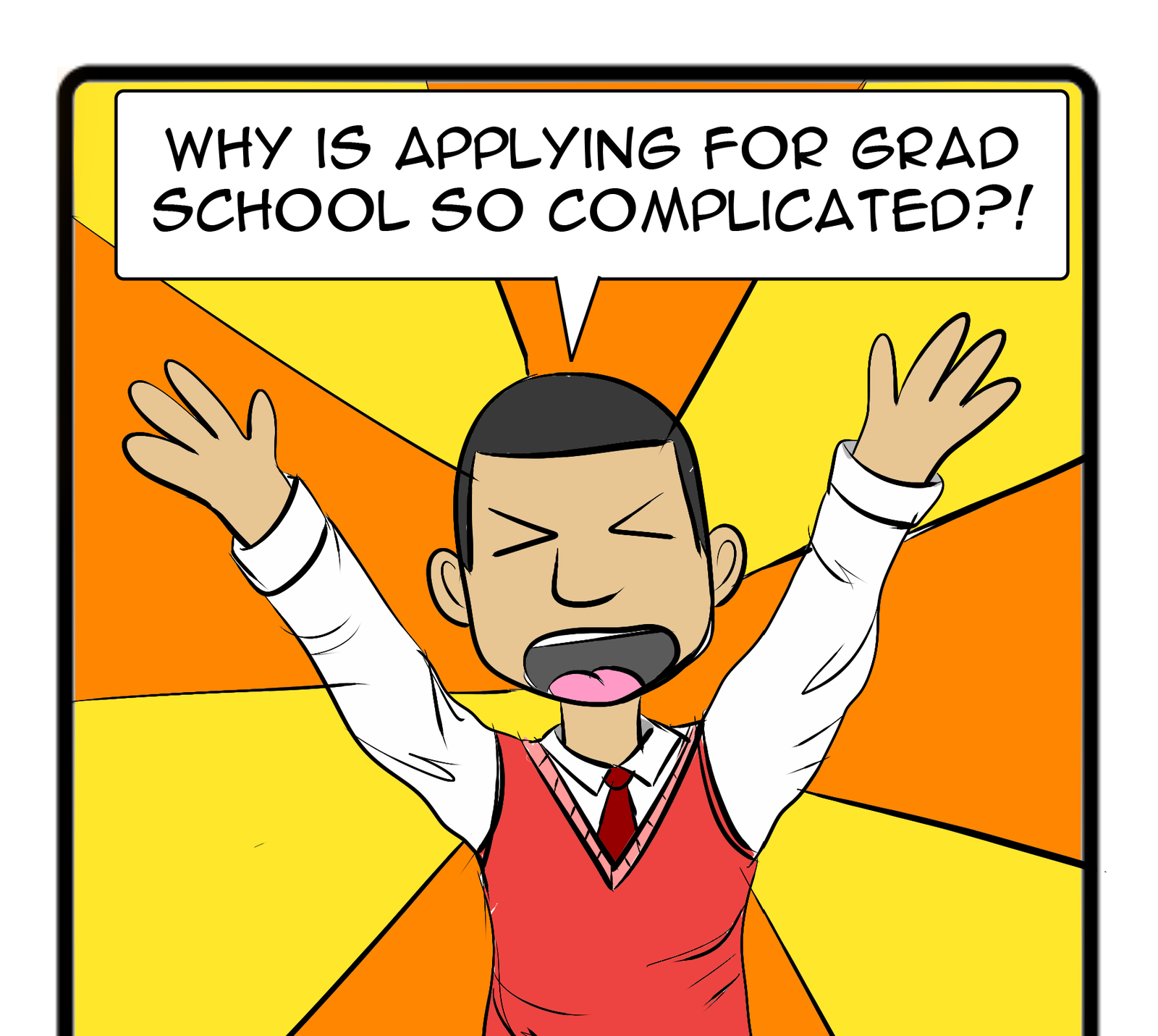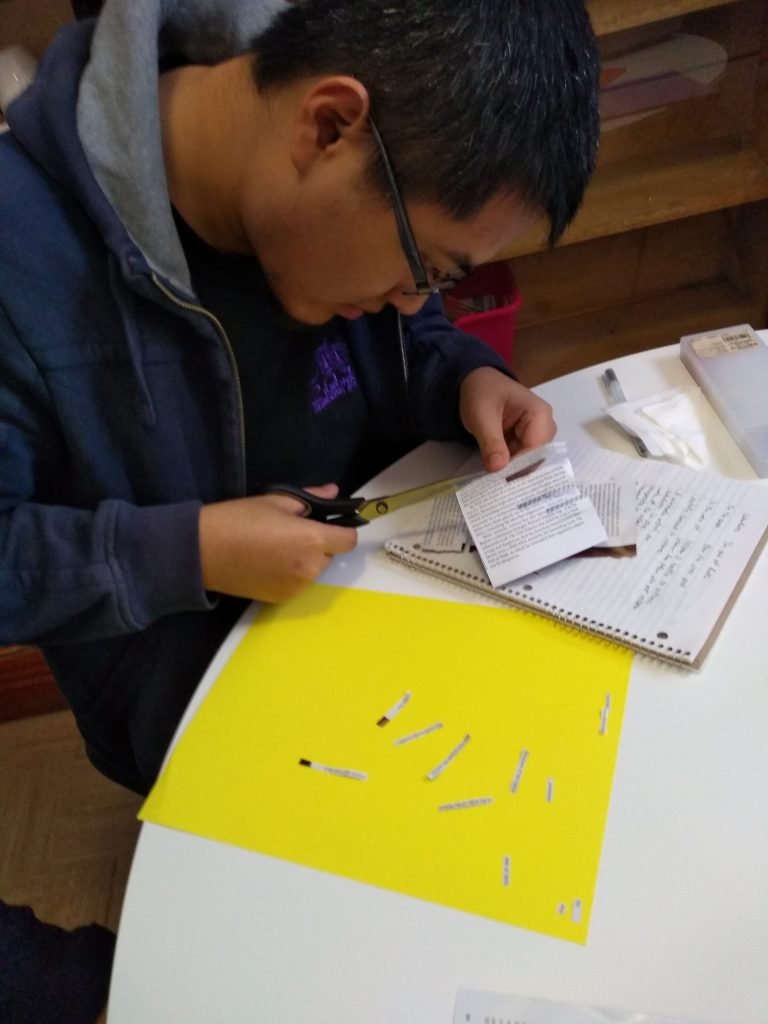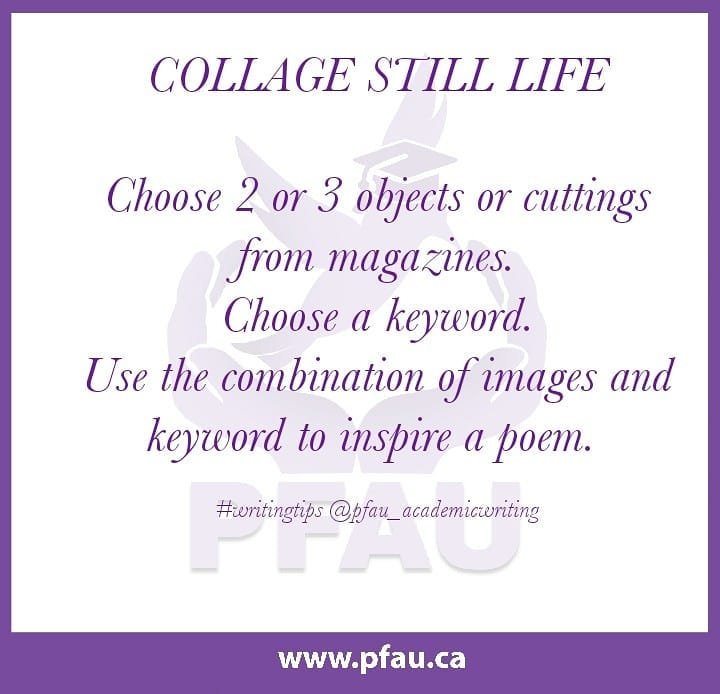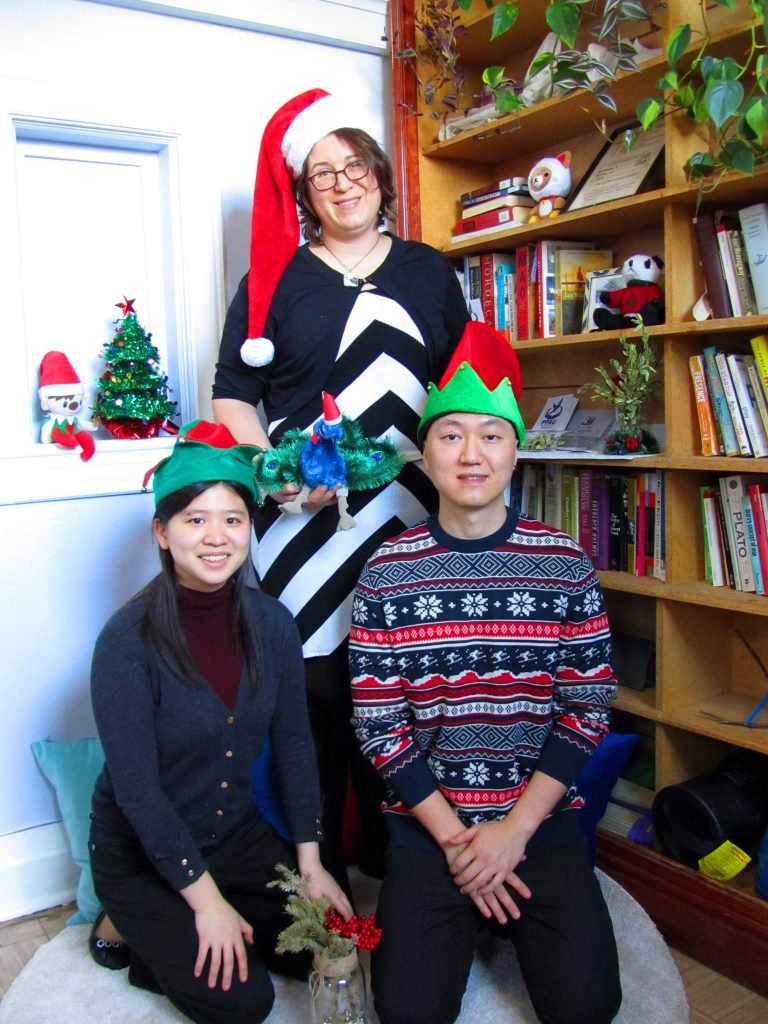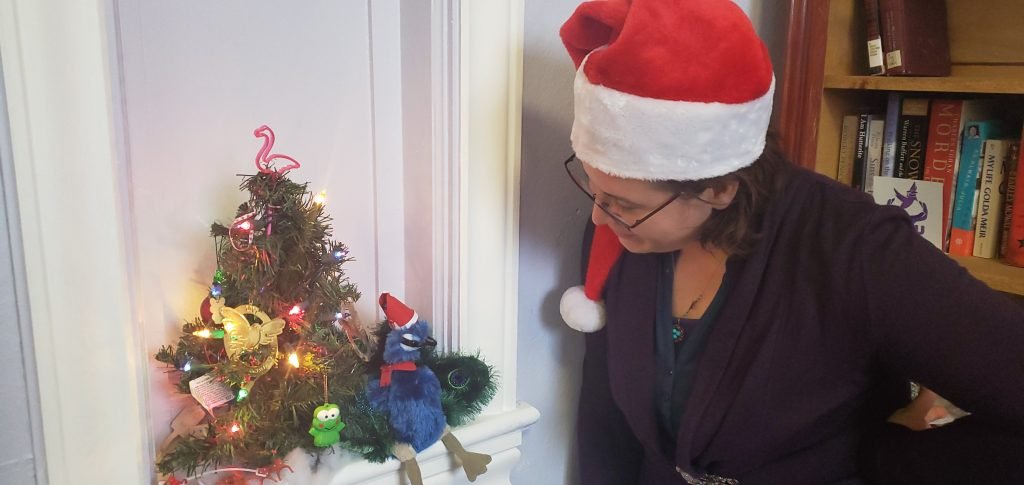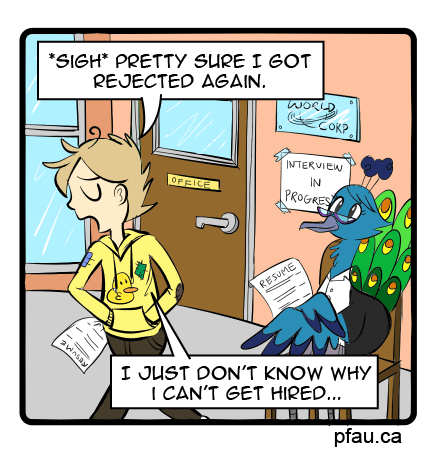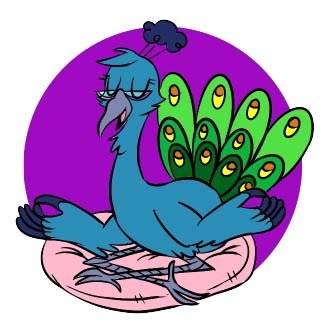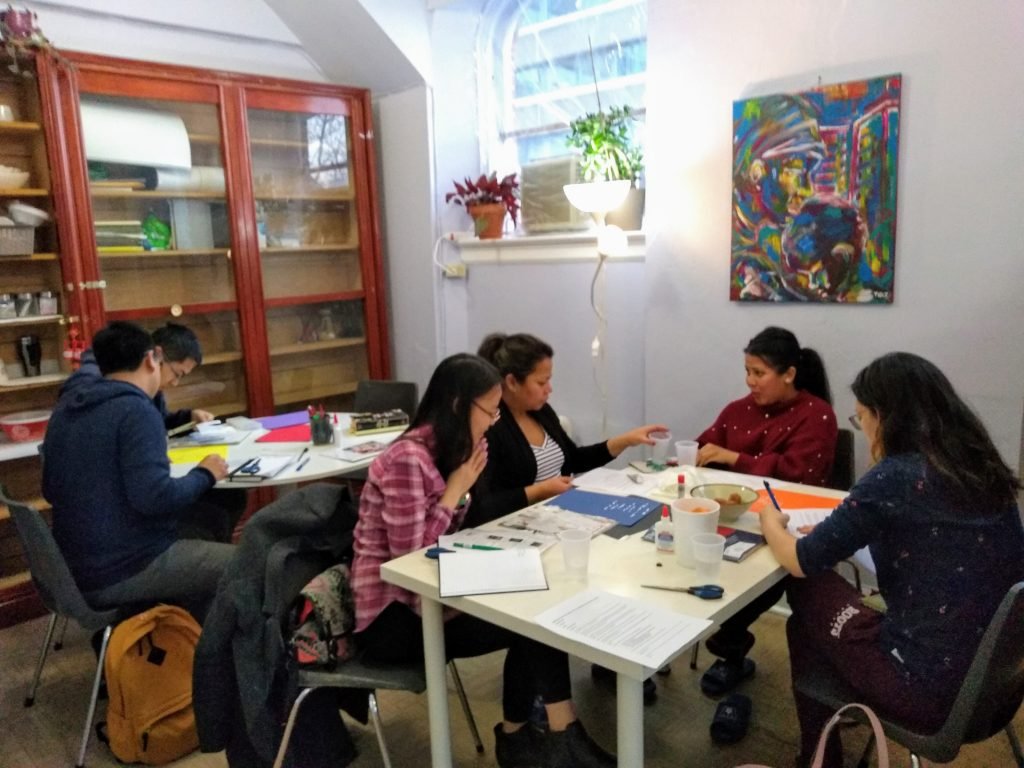We interviewed Yiwei Jin, a grad school admissions coach at PFAU: Academic Writing, for our podcast, “Breath in, Write out”. We discussed how the grad school application process has been affected by COVID-19 and what prospective students can do to improve their applications.
Yiwei recently graduated with an MA in Political Science from the University of Toronto, specializing in Asian studies and comparative politics, and is currently interning at the Asia Pacific Foundation in Vancouver. He starts Law School at UofT in the Fall. He loves helping students get ahead by identifying areas of improvement and working to enhance their ability to write creative and effective application letters.
Why don’t you tell us a bit about the changes that you’ve noticed in the grad school application process?
Sure. So, in terms of what’s changed for the grad school application process, there’s a couple of things. The first thing is that some grad schools are evaluating students GPA differently now that some students aren’t having the fall or winter term classes graded as, as they were before. Some of the grading in schools has been affected differently. So graduate schools with that in mind, are already changing that.
What does that mean their grading has changed and like why are they doing that?
Right. So, I think schools are cognizant of the fact that students’ grades are going to be affected. Some schools are just giving pass or fail grades. For students during this winter term, other schools are still giving out the grades, but then the students might not be doing as well, because of all that’s happening. You have to check with the schools and see what exactly they’re doing.
What part of the application process is the most difficult that students might want to focus more attention on?
Right. So, I think by the time that you’re applying to grad school, the transcripts are at least partly finished. You can’t really go back in time and change your course grades, but the reference letters and the writing samples or their personal statements are something that the students can do something about at this point. I think the most important thing that can help them stand out among the pool of applicants, is the personal statement or the research proposal.
What do you think can help someone with their personal statement?
I think the first thing with anything is to start early. It’s a really short piece of writing, but then that shouldn’t make you think that you can just maybe spend a day on it and then be done with it. This is going to be a long writing process because writing about yourself is going to be one of the most difficult things. So keep in mind that this writing process is going to take you through many drafts.
What about content?
A personal statement is what the name suggests. It’s supposed to be personal. You’re trying to showcase some other aspects of who you are, other than your grades. You don’t need to say how diligent of the student you are because that shows through your transcript. It’s a place for you to showcase who you are and the qualities that will make you a good applicant. Always think of things that you have done, actual examples. Start from concrete examples, from talking about what you did instead of who you are.
I was wondering if you could just briefly touch upon the basics of references, about how many someone applying would want to have and what kind?
It depends on the school. Some schools ask for two, some schools ask for four. So, first of all, it’s really important that you check with the school. It also depends on what stage of school you’re in. Someone who’s just going through undergrad can have that mentality of I’m going to get some references. For graduates, it’s really about thinking back in terms of who all of your professors are, the level of how familiar you are with them and how familiar they are with you because it really is a two-way street.
I think there are two basic conditions for a good reference source. The first one is that they need to know you, well, you need to have a body of work that they can refer to. Either it’s a research project that you worked on, discussions in class, or if you went to their office hours really frequently. The second thing is that that professor needs to be established. Ideally, they need to have an established record of teaching other students. If you’re starting out, in undergrad, and this is something you’re thinking about, it’s good to get to know more about these professors, but not in a selfish way because they can figure that out, but try to build a relationship with them.
For more advice about the application process, check out our weekly podcast or subscribe to our monthly newsletter.
Both the written, visual, audio and audiovisual content of this post has been created by and is the intellectual property of Lisa Pfau and PFAU Academic Writing. Please do not replicate any of the above content without our consent. However, please do feel free to share this post and its authorship widely.



